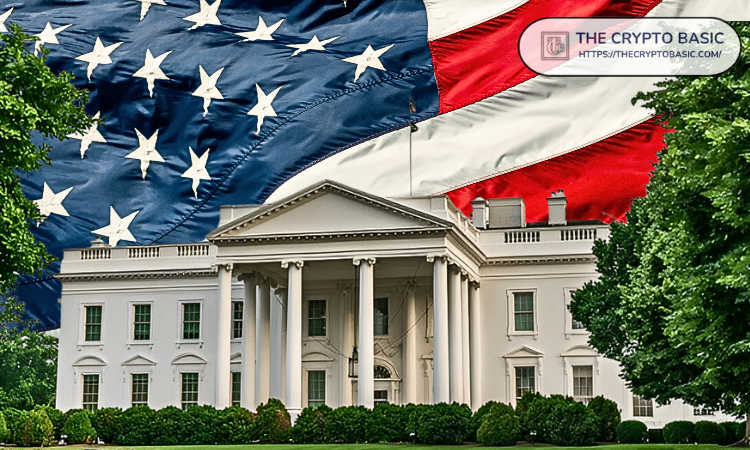A group of Senators has reintroduced an updated version of the GENIUS Act, which aims to establish a clear regulatory framework for stablecoins in the U.S.
Tim Scott, the Senate Banking Committee Chairman, joined his colleagues and early pioneers of the bill, such as Senators Bill Hagerty (R-Tenn.), Kirsten Gillibrand (D-N.Y.), and Cynthia Lummis (R-Wyo.), to reintroduce the updated bill.
Recall that the Senators, led by Hagerty, submitted the initial version of the GENIUS Act in early February. After extensive consultations with industry and academic experts, they reintroduced the bill yesterday.
Key Updates
Notably, FOX Business journalist Eleanor Terrett highlighted major updates of the bill. Notably, the update revolved mainly around the ‘Reciprocity for Payment Stablecoins Issued in Overseas Jurisdictions’ section.
She emphasized that the updated version has been expanded beyond the text submitted in February. According to her, the section now includes reserve and liquidity requirements and sanctions compliance standards.
Other updates include anti-money laundering (AML), counter-terrorism features, and risk control measures. These measures aim to strengthen the regulatory oversight for international stablecoins interacting with the U.S. payment system.
It also aims to ensure that overseas stablecoins used in the U.S. comply with the country’s security measures to prevent fraudulent practices.
Pro-XRP Lawyer Reacts
Reacting, pro-XRP lawyer Jeremy Hogan highlighted some implications relating to the passage of the GENIUS Act.
He emphasized that if the Senators pass the bill, it could mark the end of Tether’s USDT in the U.S. This suggests that some of the bill’s requirements, like the reserve and compliance standards, could make it difficult for Tether to operate legally in the country.
In addition, Attorney Hogan indicates that the GENIUS Act is well-detailed, covering interactions between U.S. federal and state laws on stablecoins with foreign regulations.
Furthermore, he asserted that the reserve and AML requirements ‘fall neatly‘ for Ripple USD (RLUSD) and Circle’s USD Coin (USDC).
Finally, the lawyer stated that the bill aims to ensure stablecoins interact with the United States’ digital banking system. According to him, a merger between stablecoins and the digital banking system is in the works.
However, he raised a pertinent question about whether issuers could freeze stablecoins following a successful transfer. This comes after the bill indicated that issuers must have the technological capability to freeze and burn stablecoins to prevent their transfer.
Meanwhile, the Senate Banking Committee will vote on the GENIUS Act on Thursday, March 13. The vote will determine whether the bill will advance to the full Senate for further deliberations.
DisClamier: This content is informational and should not be considered financial advice. The views expressed in this article may include the author's personal opinions and do not reflect The Crypto Basic opinion. Readers are encouraged to do thorough research before making any investment decisions. The Crypto Basic is not responsible for any financial losses.


